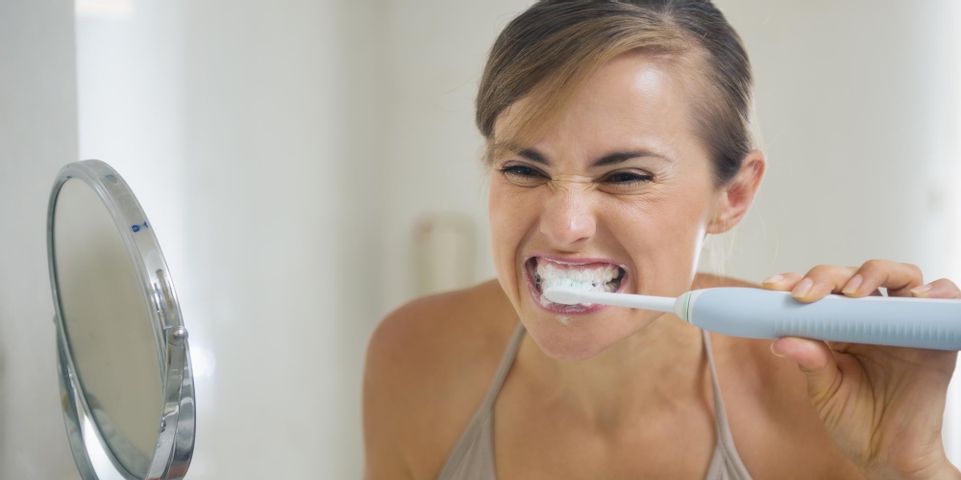What's the Difference Between Tartar & Plaque?

In the world of dental care, most patients have heard the terms “plaque” and “tartar” and grown to associate them with poor oral health. But what do these words mean, and which is worse? If you’re wondering how to protect your teeth and avoid periodontal disease, consider the following information.
How Are Plaque & Tartar Different?
When you eat snacks and meals throughout the day, food particles accumulate along the gum line, forming a sticky, milky residue called plaque. This film contains bacteria that are present throughout the body, but it starts builds up a few hours after brushing. The bacteria create acids, which can eat away at tooth enamel, causing cavities and gum damage. If you don’t remove this plaque, it can harden over time, forming a substance called tartar. If tartar is allowed to accumulate, it can eventually lead to gingivitis and periodontal disease.
How Can I Prevent Plaque From Forming Tartar?
While you can’t stop plaque from forming throughout the day, you can eliminate it by brushing every morning and evening, and flossing daily. These dental care practices are essential for removing food particles and bacteria that can otherwise turn into tartar and cavities. It also helps to use an antibacterial toothpaste that contains fluoride, which can prevent the multiplication of bacteria and protect your teeth from those acids.
 By eating healthier meals and snacks with less sugar, and brushing after meals, you can stop the formation of tartar from ever starting. However, it’s also important to see a dentist twice a year for a routine cleaning and checkup. With their skills and instruments, they can scrape away tartar and identify any gum or tooth damage it may have caused, stopping the deterioration before it leads to decay or periodontal disease.
By eating healthier meals and snacks with less sugar, and brushing after meals, you can stop the formation of tartar from ever starting. However, it’s also important to see a dentist twice a year for a routine cleaning and checkup. With their skills and instruments, they can scrape away tartar and identify any gum or tooth damage it may have caused, stopping the deterioration before it leads to decay or periodontal disease.
To schedule an appointment with a trustworthy dentist in your area, turn to Gregory Sy, DDS & Associates of Amherst, OH. They are well-known for their gentle touch and varied services, including dental implants, teeth whitening, and porcelain veneers. If you’re worried about tooth decay or periodontal disease, they can provide the tools and tips to help you maintain a bright, healthy smile. For more information on their dental practice, visit the website. You can also call (440) 282-9550 to schedule your checkup.
About the Business
Have a question? Ask the experts!
Send your question

